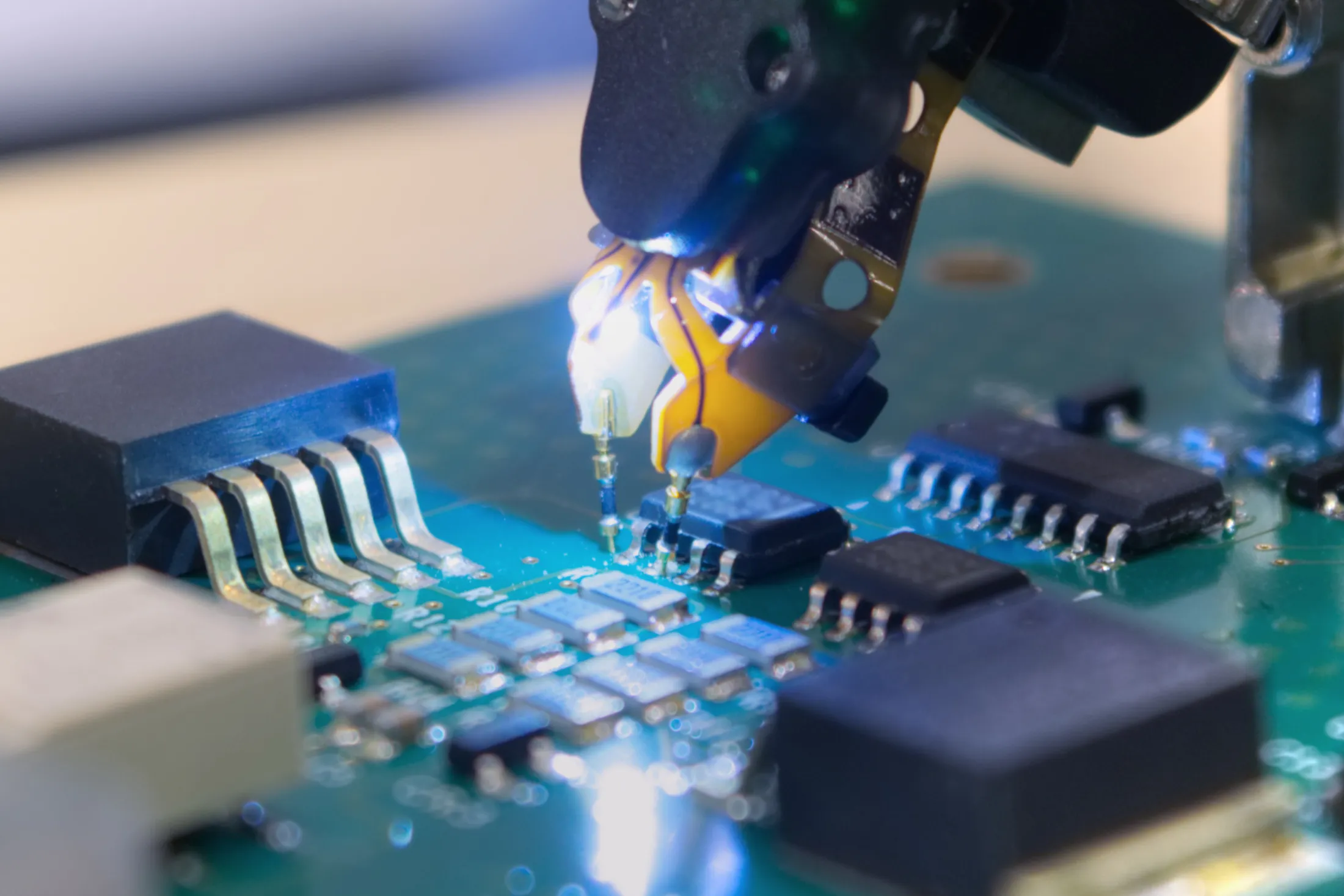Business Technology News Roundup: Aug 08, 2025
Top U.S. tech news from August 4–8, 2025: Apple boosts domestic chip production, GPT-5 launch, new semiconductor tariffs, CISA cyber warning, and Google Pixel leaks.
The second week of August 2025 was packed with impactful technology updates that could reshape the U.S. IT and consumer tech landscape. Major stories included Apple’s expansion into a fully domestic semiconductor supply chain, the release of OpenAI’s GPT-5 AI model, historic U.S. tariffs on semiconductors, a critical cybersecurity vulnerability warning from CISA, and major Google Pixel 10 leaks. Whether you follow AI breakthroughs, hardware innovation, or cybersecurity trends, here are the top 5 U.S. tech news highlights you need to know.
Stay connected for next week’s highlights as we continue to track the most impactful stories at the intersection of business and technology.
Stay Connected: Follow NDIT Solutions on LinkedIn, for more insights and updates.
Need Expert IT Guidance? Our team of experienced consultants is here to help your business navigate the complex world of IT. Contact us today atinfo@nditsolutions.comor call 877-613-8787 to learn how we can support your technology needs.
See you next week for another round of essential IT news!

.webp)











